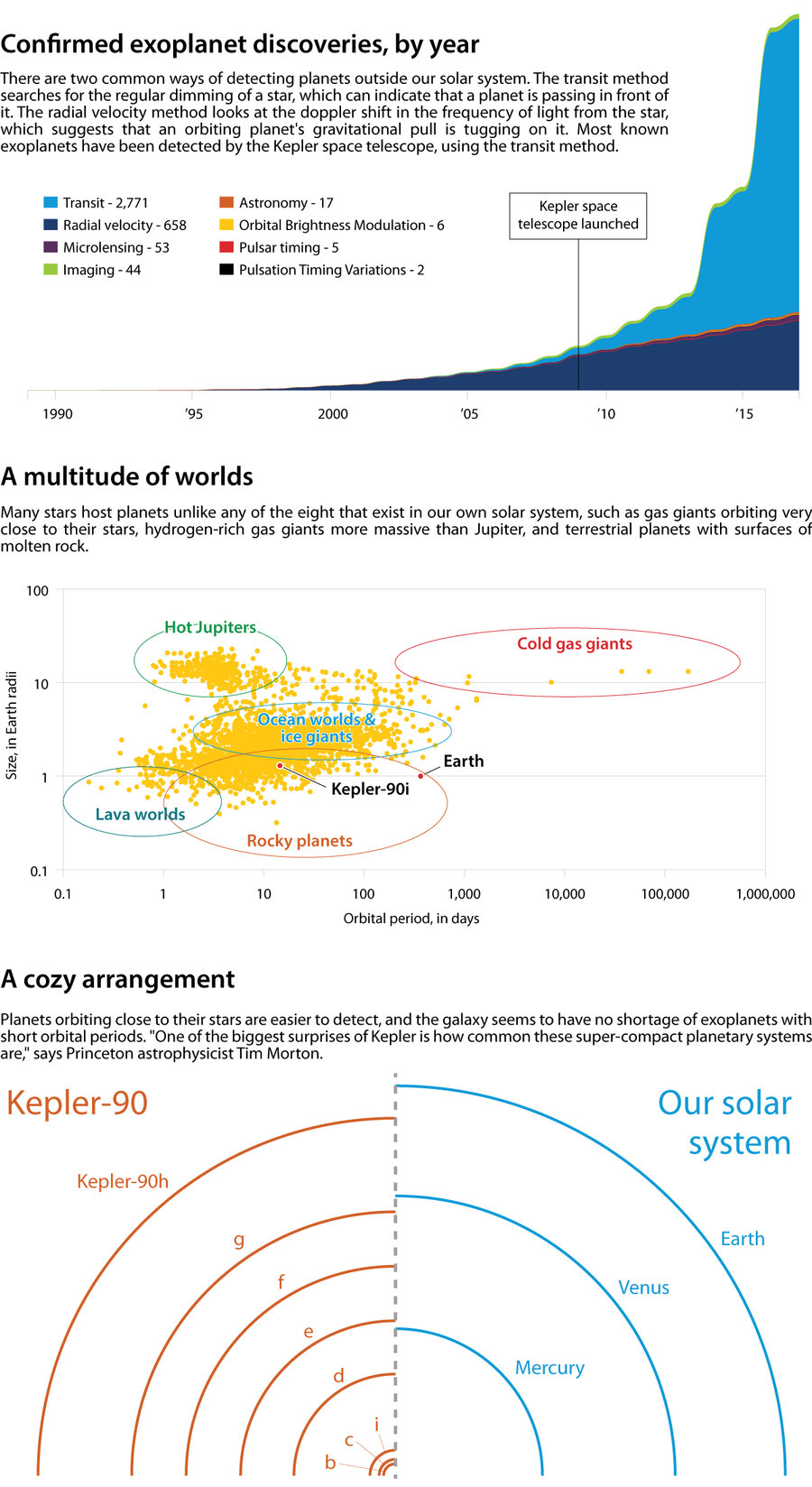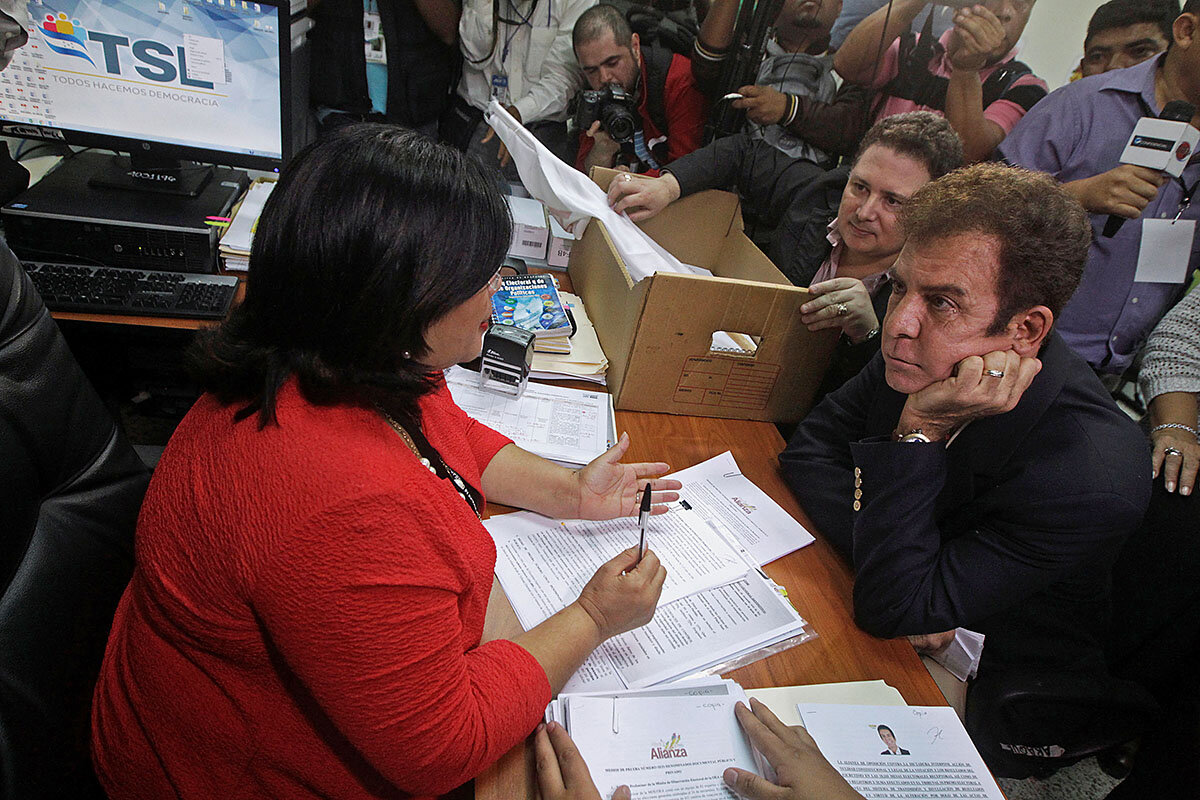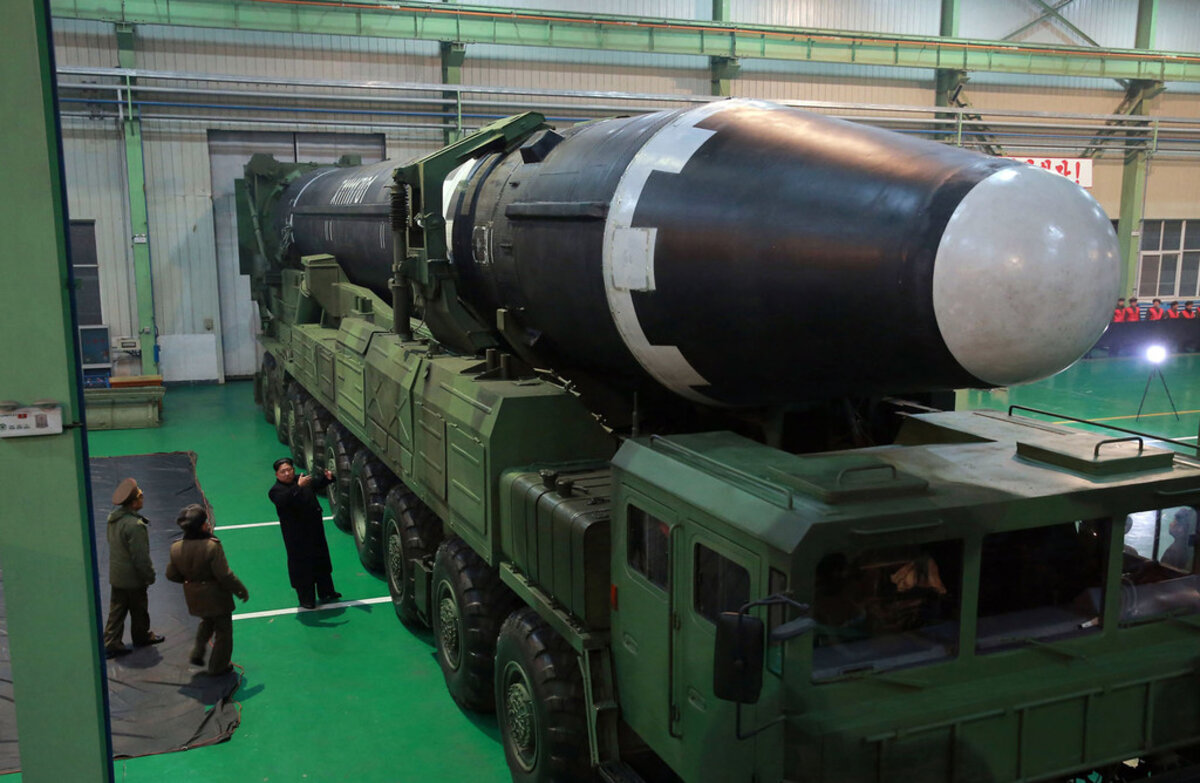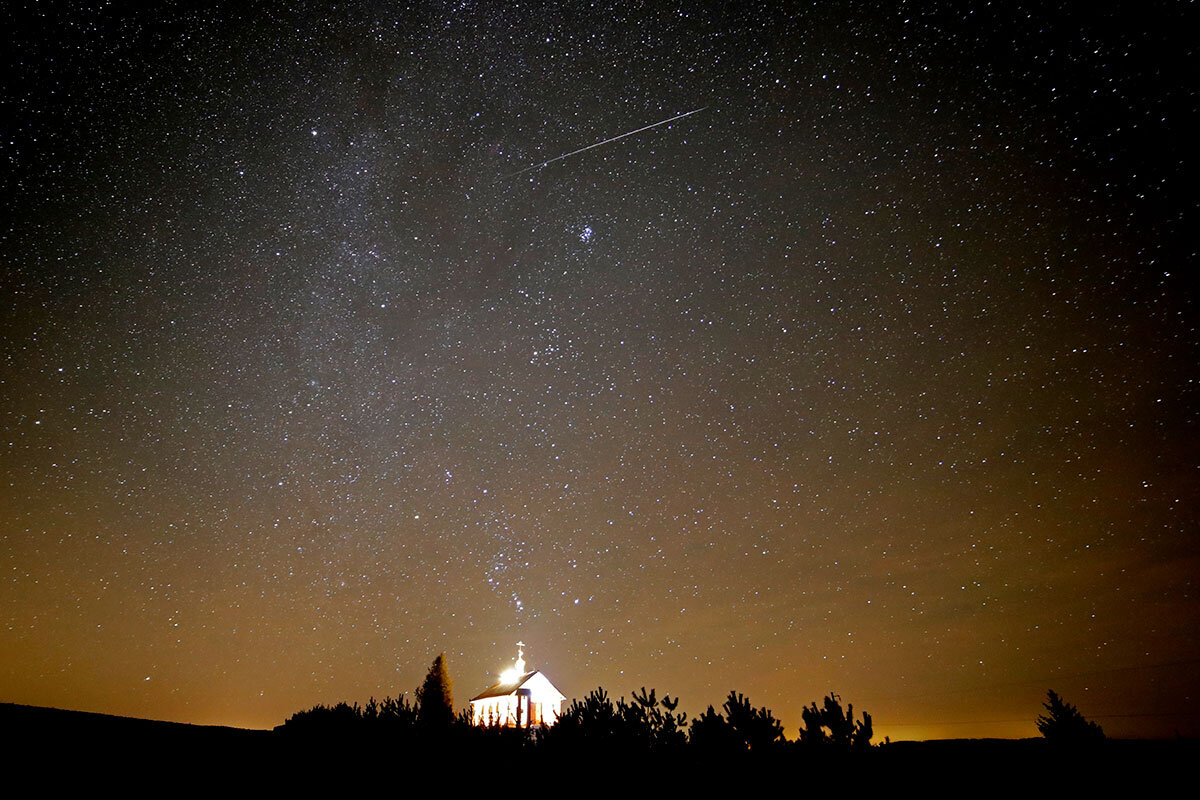Where is strength – in going it alone or building and preserving alliances?
Monitor Daily Podcast
- Follow us:
- Apple Podcasts
- Spotify
- RSS Feed
- Download
 Yvonne Zipp
Yvonne Zipp
Most of us have experienced the scary sensation of running out of money before payday. To help employees dealing with short-term emergencies avoid predatory lenders, Wal-Mart is using an app that gives its 1.4 million workers early access to their wages – free of charge, eight times a year.
Proponents point out that people have already worked the hours, so these aren’t loans. It’s just giving people access to money they’ve already earned.
One Florida employee interviewed by The New York Times says she was suspicious at first, but has been pleasantly surprised – and appreciates the real-time estimate of how much she has left to spend.
Critics argue that Wal-Mart could help its employees more by giving them raises. Its starting wage is $9 an hour, $1.75 above the federal minimum wage, but lower than $11 at Target or $13 at Costco.
The question of how to best help low-income workers continues to loom over the economy. The roaring stock market doesn’t help the 48 percent of Americans with no money in it. More than one-third of Americans working full time have no access to pensions or 401(k)s, according to the Pew Charitable Trusts.
According to the World Inequality Report, which was released today, in the United States, “the average annual wage of the bottom 50 percent has stagnated since 1980 at about $16,000 per adult (adjusted).”
Or as Todd Vasos, chief executive officer of Dollar General, put it in a Dec. 5 interview with The Wall Street Journal, explaining how the company has grown 27 years in a row by targeting those who make less than $40,000 a year: “The economy is continuing to create more of our core customer.”
Here are our five stories for the day, showing the need for trust, questions about what really constitutes power, and space drama – real and fictional.










